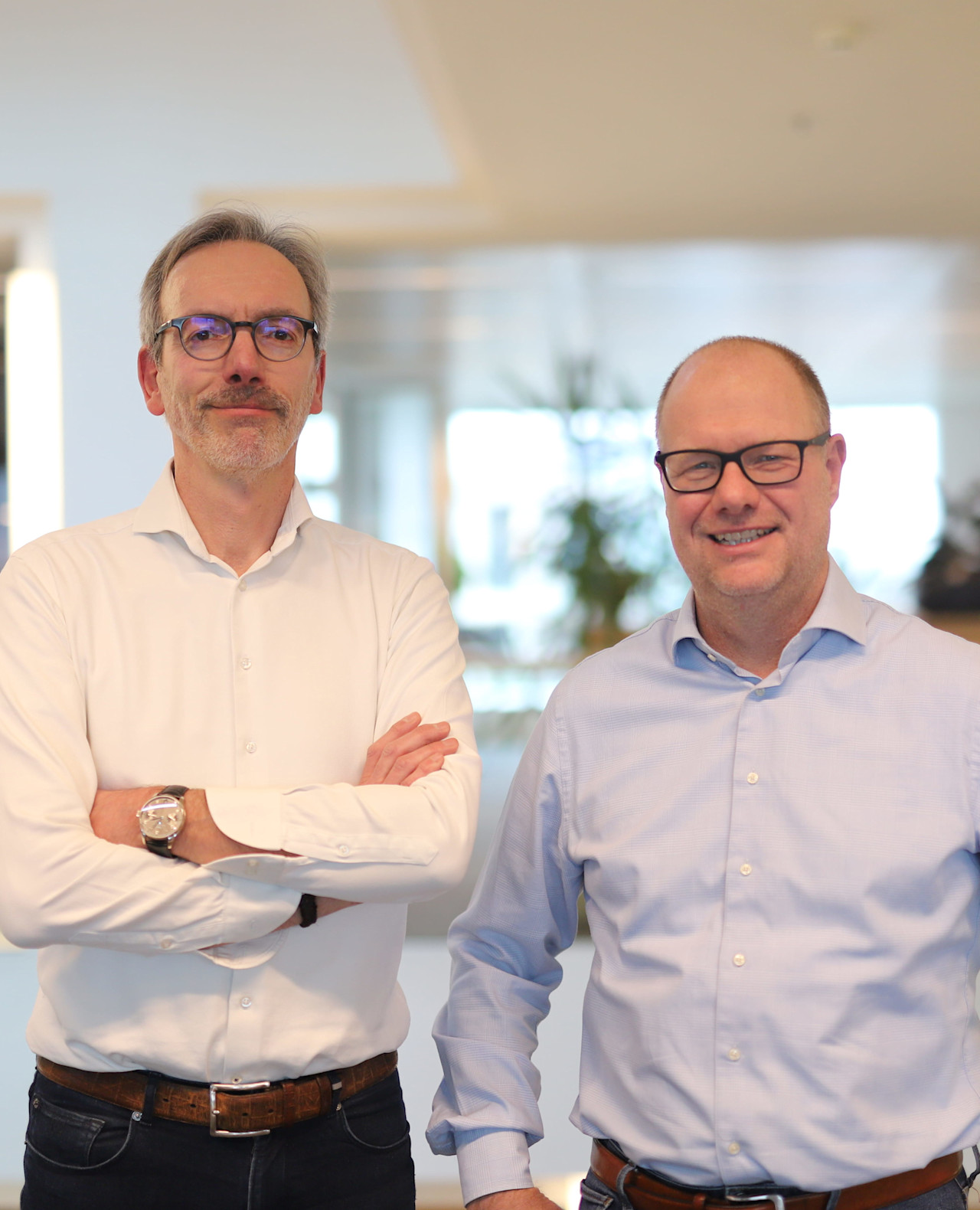

A bevy of black swans: Surprises that could derail the 2023 outlook
Investors are looking forward to a new year that has one redeeming quality – it doesn’t mirror the annus horribilis of 2022. Robeco’s outlook for ‘short-term pain, long-term gain’ warns that 2023 is likely to see recession, and that investors need to wait for inflation, interest rates and US dollar strength all to peak before the good times resume.
Summary
- Targets for inflation and interest rates offer room for upsets
- Potential for a Ukraine peace dividend and net-zero investments
- A wary eye on social media, regime changes and fragile markets
The current consensus isn’t that rosy, but if history tells us anything, it’s that nothing is ever set in stone. So, what are the possible events – good and bad – that could derail these central scenarios? As we enter 2023, the Robeco Sustainable Multi-Asset Solutions team outlines 10 potential black swans, and what the consequences may be.
The first is ‘Goldilocks’ revenge’ – the economic porridge won’t be too hot or too cold but just right. “Here, US inflation peaks without a recession, the dollar drops, and the US Federal Reserve (Fed) can rest easy but remain vigilant,” says Colin Graham, Head of Multi-Asset Strategies at Robeco.
“The post-Covid fiscal expansion slows, acting as the brake on excess demand. The result for multi-asset investors is that high yield bonds become very attractive as default rate expectations fall.”
2. Panic stations
Alternatively, the Fed could tire of low long-term rates and review its inflation target, citing a structural break with the previous regime that had largely been in place since the global financial crisis.
“It could claim that the 2% target is far too close to zero, saying the next recession could tip the economy into outright deflation,” Graham says. “The result would be panic, and bonds denominated in US dollars would see negative returns for the third year in a row.”
3. Deflation disaster
Even worse is the prospect of deflation. While falling prices sounds great, it means consumers would not buy anything as they expect goods to become cheaper in the short term, leading to outright recession.
“Here, if deflation has a higher number of hits than inflation according to newsflow data from Wall street and Main Street, it means that central banks are driving the economy using the rear view mirror, causing a major bust,” Graham says.
4. Greenwashing and now impact washing
The drive to improve the environmental, social and governance (ESG) characteristics of companies has enormously gained in importance, and is the bedrock of investments at Robeco. The problem is that it has also led to a rise in greenwashing, where companies and investors make ESG claims that cannot be substantiated, often for PR and marketing reasons.
Another growing problem is impact washing, where companies or investors claim to be making an impact on the ground, when proving or even measuring it is doubtful.
“We see the potential for sustainability claims to be more strongly scrutinised by regulators, media and investors, and as a result, large financial institutions will struggle to evidence their sustainability credentials across facets of their businesses,” Graham says.
“Rather than focussing on improving their ESG and delivering shareholder value, companies could end up selling or divesting businesses that don’t meet ESG criteria and withdraw from markets where regulators demand higher sustainability credentials.”
5. Rewards for risk
One lesser-known issue concerns risk appetite, where multi-asset investors are asked to state the level of risk that they can tolerate. These risk profile funds are usually labeled as ‘cautious’ – i.e. low risk, focusing on safer government bonds; ‘balanced’ funds that offer more of a mix of bonds and equities; or ‘aggressive’ funds that may well allocate to much riskier stocks.
The problem here is that in 2022, there was little difference between any of them. “The performance of these profiles was within 20 basis points (in euro terms) by the end of December,” says Graham. “If this happens again in 2023, the implication would be we would see a second year of negative returns in balanced funds, similar to the experience following the tech bubble burst of 2001-2002.”
Get the latest insights
Subscribe to our newsletter for investment updates and expert analysis.
6. Give peace a chance
But it’s not all bad news. Much of the consensus opinion assumes that the war in Ukraine which caused so much volatility in markets in 2022 and sparked major inflation across the world will continue. If peace breaks out, a more welcome disruption would occur.
“We could see a peace dividend in which Ukraine secures its borders with European ‘aid’ and the flow of wheat, oil and gas resumes, ending the bottlenecks,” Graham says. “Other countries would then relax their travel and trade restrictions, allowing inflation to fall and supply chains to re-shore faster. There would be an energy costs windfall for global economies, especially in Europe.”
7. Anti-social media
Social media is another battleground, albeit where the participants are armed with words rather than weapons. Stricter regulation against the tech titans that fueled growth stocks could benefit value stocks instead.
“We could see another backlash against social media and more regulation on large technology and social media platforms as data protection issues come to the fore again,” says Graham. “The result would be a change in equity market leadership – value companies with capital discipline and quality earnings would be more highly rewarded on a relative basis.”
8. Shock regime change
Then there is the possibility of a ‘shock regime change’, as witnessed when the UK which went through three prime ministers in 2022. “This is the first year this century without an election in a G7 country,” says Graham.
“However, we could see a major shift in policy as a ‘major’ regime topples, as witnessed with Boris Johnson and then Liz Truss a month later, resulting in major volatility spikes.”
9. Upsetting the applecart
Truss’s brief prime ministership and a disastrous mini-Budget which forced the Bank of England to take emergency measures to protect the pensions industry showed just how fragile certain financial systems can still be.
“In this scenario, private assets see a liquidity drain, liability-driven investment (LDI) structures are questioned, and there is increased scrutiny on banks following a crypto bust,” says Graham. “This would expose investments that were only funded because cash was ‘free’ at the time.”
10. Net-zero upside
Finally, the commitment to moving to a net-zero economy could surprise on the upside. “There can be no backtracking on climate: the evidence about climate change continues to mount, and COP27 highlighted that political will is key to shaping the balance between climate ambition and implementation,” Graham says.
“In the long run, achieving energy security means investing more in green technologies and climate solutions to close the gap between ambition and implementation. We could see a multinational ‘super fund’ set up to facilitate the net zero transition, backed by several governments.”
Staying contrarian
“No-one has that illusive crystal ball that can provide perfect foresight on events that affect market returns, and even if we did, then recent history shows that investors can still infer the wrong market reaction.”
“At Robeco, the Sustainable Multi-Asset Solutions team is prepared for another turbulent year and plans to invest with a contrarian mindset, which added value in 2022. We are also firm believers that the climate battle and sustainability transition will reaccelerate.”





















